SEBI investigating Adani since 2016 is factually baseless, regulator tells SC

New Delhi: The Securities and Exchange Board of India apprised the Supreme Court on Monday that the market regulator is already investigating Adani Group companies since 2016 is factually baseless.
SEBI has filed a rejoinder affidavit in response to a petition relating to Hindenburg Research's report on the Adani Group. SEBI had sought an extension to conclude the investigation in the report by US short-seller Hindenburg Research by a period of six months. The top court on Friday orally remarked that they will extend the time for the probe to SEBI, but not for six months and they can extend the time for the probe by three months.
Petitioners had alleged that SEBI was probing the Adani Group since 2016.
SEBI told the SC that the investigation done earlier by SEBI pertains to the issuance of Global Depository Receipts ("GDRs") by 51 Indian listed companies, in respect of which investigation was conducted. SEBI submitted before the Supreme Court that no listed company of Adani Group was part of those 51 companies it was investigating.
"Pursuant to the completion of the investigation, appropriate enforcement actions were taken in this matter. Hence, the allegation that the Securities and Exchange Board of India ("SEBI") is investigating Adani since 2016 is factually baseless. I, therefore, say and submit that reliance sought to be placed on the investigation pertaining to GDRs is wholly misplaced," SEBI said in a rejoinder affidavit.
SEBI submitted before Supreme Court that in the context of an investigation into Minimum Public Shareholding ("MPS") norms, SEBI has already approached eleven overseas Regulators under the Multilateral
Memorandum of Understanding ("MOU") with the International Organization of Securities Commissions ("IOSCO"). Various requests for information were made to these Regulators. The first request to overseas Regulators was made as early as October 6, 2020, and SEBI apprised the court.
SEBI submitted before the Supreme Court that the application for extension of time filed by SEBI is meant to ensure carriage of justice keeping in mind the interest of investors and the securities market since any incorrect or premature conclusion of the case arrived at without full facts material on record would not serve the ends of justice and hence would be legally untenable.
SEBI has informed Supreme Court that in respect of the investigation and examination relating to 12 transactions referred to in the Hindenburg Report, prima facie it is noted that these transactions are highly complex and have many sub-transactions across numerous jurisdictions and a rigorous investigation of these transactions would require collation of data/information from various sources including bank statements from multiple domestic as well as international banks, financial statements of onshore and offshore entities involved in the transactions and contracts and agreements, if any, entered between the entities along with other supporting documents.
On March 2, the apex court directed the capital market regulator SEBI to investigate any violations of securities law by the Adani Group in the wake of the Hindenburg report, which led to a massive wipeout of more than USD140 billion of the Adani Group's market value.
Supreme Court, on March 2, set up an expert committee on the issue arising from the Hindenburg Research report on Adani Group companies. The committee will consist of six members, headed by former apex court judge Justice AM Sapre.
The top court had then asked SEBI to file a status report within two months.
The apex court was then hearing petitions pertaining to the Hindenburg report, including on the constitution of a committee relating to regulatory mechanisms to protect investors' interests.
The January 24 Hindenburg report alleged stock manipulation and fraud by the conglomerate.
The Adani Group has attacked Hindenburg as "an unethical short seller", stating that the report by the New York-based entity was "nothing but a lie". A short-seller in the securities market books gains from the subsequent reduction in the prices of shares. (ANI)


.png)
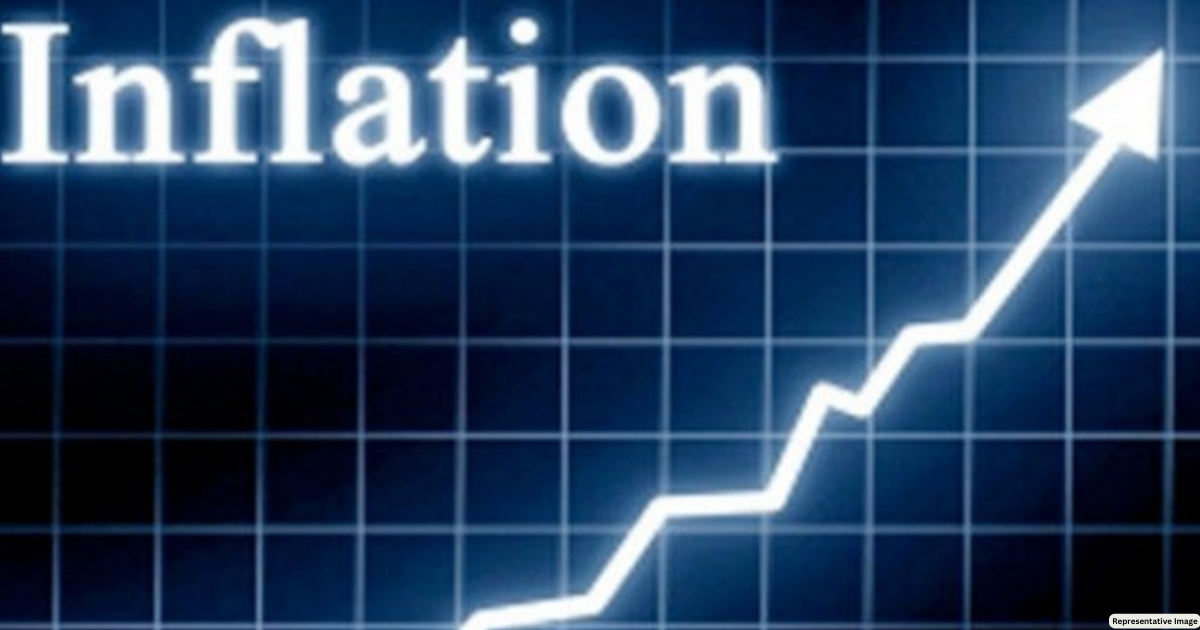
.png)


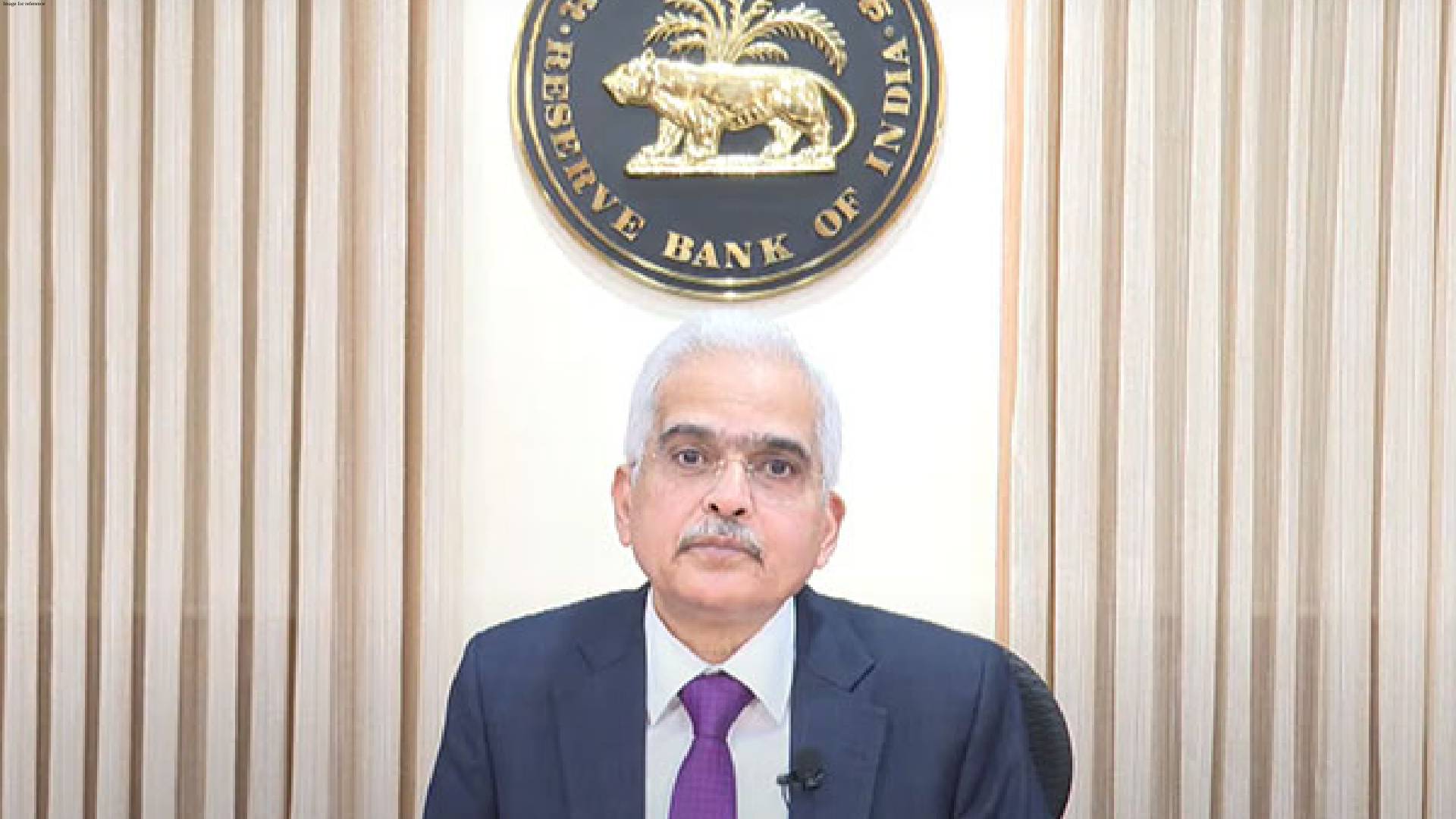
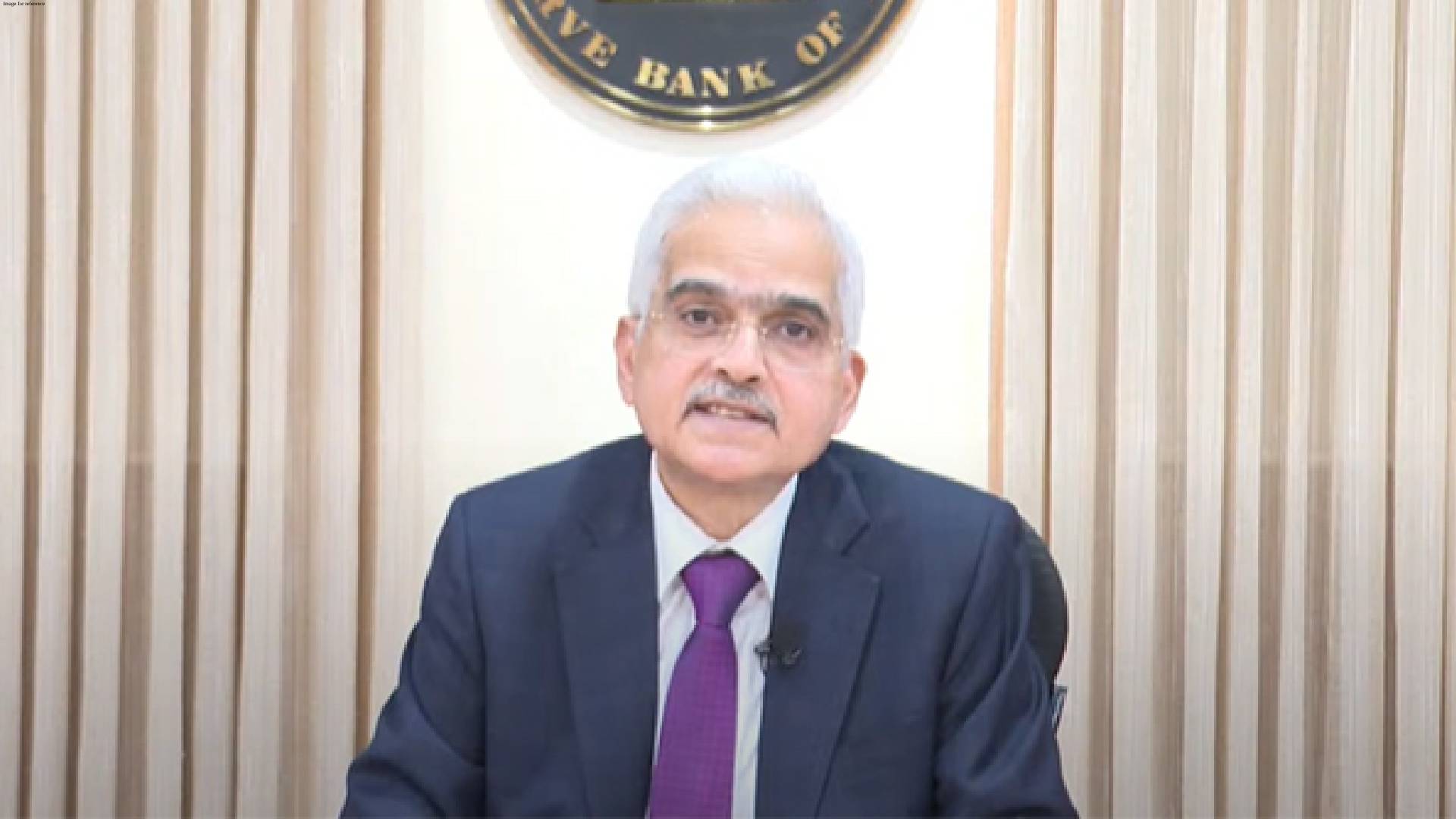
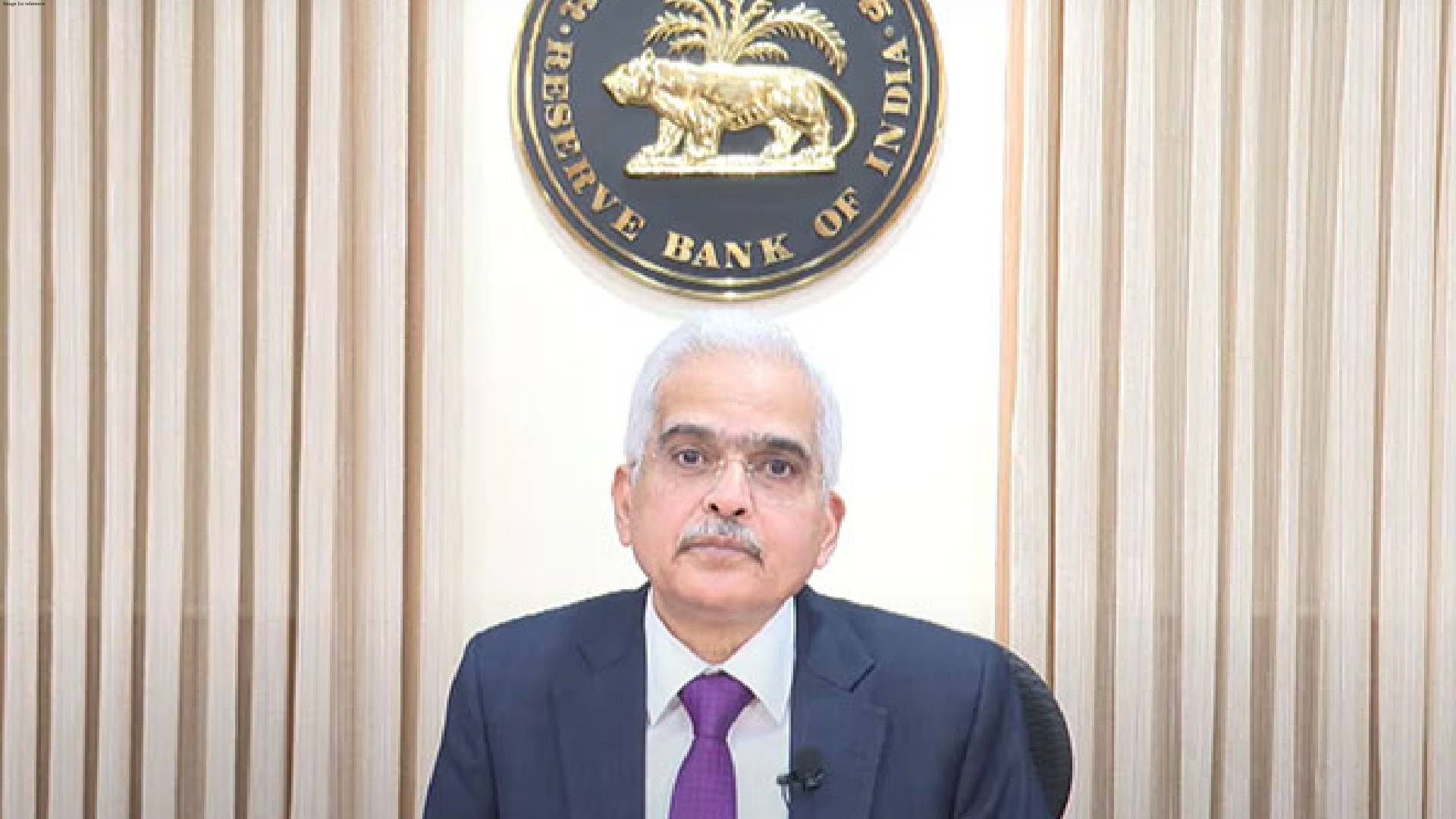
.png)


.jpg)
.jpg)
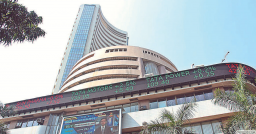
.jpg)
.jpg)
.jpg)
.jpg)
.jpg)
